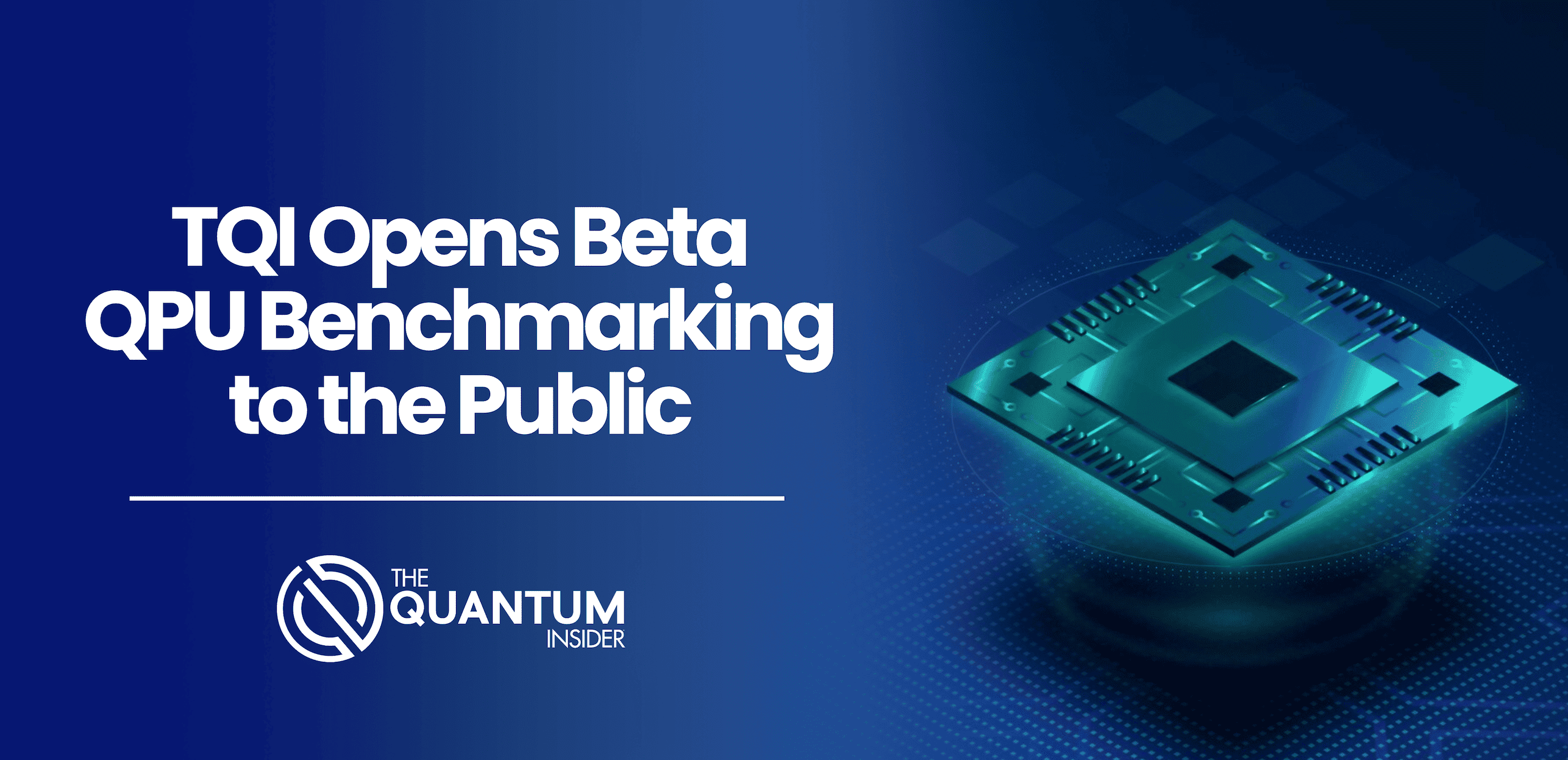The Quantum Insider Makes QPU Benchmarking Tool Public to Help Users Navigate Complex Technological Environment

Insider Brief
- Quantum computing is on a path from theoretical concept to practical use.
- More than 50 companies are currently developing quantum computers and have released various quantum processing units, or QPUs.
- These QPUs vary widely in their specifications and capabilities; The Quantum Insider is providing freely accessible tools to help users compare systems.
Each day, news stories and research papers covering advances in quantum science show that quantum computing is steadily transforming from a theoretical concept into a practical tool.
Over 50 companies are currently developing quantum computers, including major players such as IBM, D-Wave, IONQ, IQM, OQC and Pasqal, The Quantum Insider (TQI) Intelligence Platform shows. Enterprises such as BBVA, Siemens, and Thales are already leveraging these QPUs to test their use cases, signalling a burgeoning interest and investment in quantum technologies.
Recognizing the need for a unified benchmarking platform, TQI is monitoring, collecting and publishing information on various QPUs.
TQI’s QPU Benchmarking Tool
TQI is now opening up this resource to the public, providing detailed data that can help users select the most suitable QPU for their needs and assist QPU providers in making their offerings more accessible and transparent.
TQI invites the public to contribute to this effort by providing updates and additional information about their QPUs. Companies can email their latest details to hello[at]resonance.holdings with the subject line “QPU Benchmarking Update-[Your Company]”.
We hope that this collaborative approach leads to data that is current and comprehensive, benefiting the entire quantum computing community.
As the quantum computing landscape becomes more populated and diverse, the need for comprehensive and standardized benchmarking has become increasingly apparent. QPUs vary widely in their specifications and capabilities, making it challenging for users to identify the best option for their specific needs. Key factors that prospective QPU users must consider include qubit type, gate speed, gate fidelity, and more.
There are several initiatives that look to carefully benchmark QPU performance on a range of tests, including:
- Defense Advanced Research Projects Agency (DARPA)’s long-term quantum utility measurement
- Quantum Economic Development Consortium (QED-C), which includes a suite of benchmarks
- IBM’s benchmark program, including a range of performance benchmarks.
- The Unitary Fund’s Open Quantum Benchmark Committee
Ultimately, the TQI tracker is designed to report key metrics, without running test algorithms or making assessments, but instead focusing solely on presenting the facts.
Without a centralized source of information, comparing and contrasting these units can be a daunting task to say the least. TQI is actively compiling comprehensive information to help users understand and monitor this complex QPU environment. While much of TQI’s market intelligence is available only to paying subscribers, this has been made freely accessible to encourage community sharing and collaboration.
Understanding QPUs
QPUs are the fundamental components of quantum computers, analogous to CPUs in classical computers. They perform computations using the principles of quantum mechanics, leveraging qubits instead of classical bits. Unlike bits, which can be either 0 or 1, qubits can exist in a superposition of states, providing the potential for massive parallelism and computational power.
Types of QPUs
- Superconducting Qubits: An approach relied on by companies like IBM and Rigetti, these qubits are built using superconducting circuits and are operated at cryogenic temperatures.
- Trapped Ions: Companies like Quantinuum, IonQ and Alpine Quantum Technologies use trapped ion technology, which involves confining ions using electromagnetic fields.
- Photonic Qubits: Photonics-based quantum computers, like those developed, by Xanadu and Quantum Source, use light particles (photons) as qubits.
- Silicon Spin Qubits: Companies like Diraq and Photonic Inc. are pioneering the use of silicon-based quantum processors, which use the spin of electrons in silicon as qubits.This approach benefits from leveraging the existing infrastructure of silicon fabrication, making it a scalable solution.
- Neutral Atoms: Used by companies such as Atom Computing and QuEra, neutral atom technology leverages atoms trapped in optical lattices.
- Others: These include electrons on helium (EeroQ) and more theoretical approaches such as topological qubits (Microsoft, Quantinuum).
Benchmarking QPUs
Benchmarking QPUs involves evaluating their performance across a range of criteria. The recently compiled data on QPU benchmarking on the TQI platform includes several key metrics:
- Qubit Count: The number of qubits a QPU possesses, which can range from a few to several hundred.
- Qubit Technology: The underlying technology, or approach, used for the qubits (e.g., superconducting, trapped ions).
- Gate Fidelity: The accuracy with which quantum operations are performed. High fidelity is crucial for reliable computations.
- Quantum Volume: A metric combining qubit count, connectivity, and gate fidelity to give a holistic measure of a QPU’s capability.
- Decoherence Time: The time a qubit remains in a superposition state before decohering, which impacts the QPU’s computational time window.
- Accessible Platforms: The cloud platforms or services through which the QPU can be accessed.
Why Benchmarking Is Important
It’s probably an understatement to say that benchmarking has been pivotal in creating what is today’s trillion-dollar technological industry. The practice is a critical fuel for driving innovation, ensuring quality and maintaining competitive edges across different technological domains. While just emerging, the quantum industry requires extensive benchmarking for several reasons:
- Informed Decision-Making: Users need detailed and reliable benchmarks to choose the best QPU for their specific applications. Different use cases, such as optimization problems, quantum simulations, or cryptographic tasks, may require different types of QPUs.
- Advancing Research: Researchers benefit from standardized benchmarks to compare results, replicate experiments, and build upon each other’s work.
- Market Transparency: Comprehensive benchmarking increases transparency in the quantum computing market, fostering competition and innovation among QPU providers.
- Resource Allocation: Enterprises and governments can better allocate resources and investments when they understand the capabilities and limitations of available QPUs.
Please click on the following link to access The Quantum Insider QPU Benchmarking Tool.
